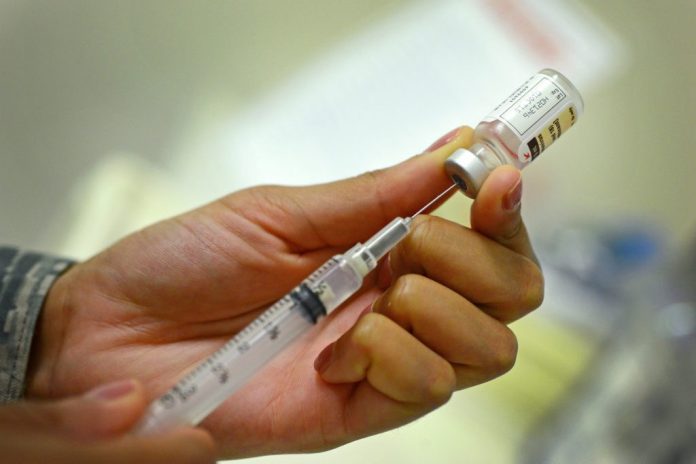Tourists are being urged to check their vaccinations as an outbreak of measles has begun in popular European ski resorts.
Belgium’s Institute of Tropical Medicine in Antwerp raised the alarm last week by issuing a statement warning of an epidemic. Among the European countries hit by the viral infection are Italy, Austria and Switzerland, some of the most popular skiing destinations.
“Get vaccinated before travelling to any of these countries, unless you have had measles in the past,” the statement said.
Cases of measles have already been reported in skiing hotspots such as the Dachstein region in Austria, which is popular with winter sports enthusiasts for its snowy slopes. Tourists travelling to these ski destinations are urged to be extra cautious as the virus can easily spread in crowded areas.
Effects of measles
Measles is a highly contagious airborne infection that usually causes a rash, cough and fever, according to the NHS.
However, in one in five unvaccinated people, the disease can quickly become severe, leading to pneumonia, brain swelling and death. The risk of complications is higher in young children, as well as people with weakened immune systems.
The Institute of Tropical Medicine advises that “early measles vaccination should be given to infants aged six to 12 months who have not yet received measles vaccination before travelling to one of the countries listed above.”
The warning about the possible spread of measles in ski resorts comes months after international health agencies sounded the alarm over a sharp rise in the virus following a drop in vaccination rates.
Measles is preventable with two doses of the measles vaccine; however, in 2023, more than 22 million children missed being vaccinated with the first dose. An estimated 83% of vaccine-eligible children worldwide received the first dose of the vaccine last year, and only 74% were vaccinated with the recommended second dose.
To prevent outbreaks and protect populations from one of the most contagious viral infections affecting humans, two-dose coverage of the measles vaccine at 95 per cent must be achieved in every country and every community. WHO Director-General Dr Tedros Adhanom Ghebreyesus said:
“Over the past 50 years, measles vaccine has saved more lives than any other vaccine. To save even more lives and prevent this deadly virus from harming the most vulnerable people, we must invest resources in immunising everyone, regardless of where they live.”
CDCPH Director Dr Mandy Cohen said:
“Measles infections are on the rise worldwide, threatening lives and health. Measles vaccine is our most reliable barrier against the virus, and we must continue to invest in efforts to increase its availability.”
Gaps in vaccination
In 2023, global gaps in vaccination coverage led to major or destabilising measles outbreaks in 57 countries in all regions except the Region of the Americas, an increase of almost 60% from the 36 countries affected by outbreaks in the previous year. WHO regions such as Africa, the Eastern Mediterranean, Europe, South-East Asia and the Western Pacific experienced significant outbreaks. Almost half of all large or destabilising outbreaks occurred in the African Region.
According to new estimates, about 107,500 people will die from measles in 2023, most of them children under five years of age. This is an 8% decrease from the previous year, but still unacceptably high given the absolute number of children dying from this preventable infection. The small decline in deaths is largely due to the fact that the increase in numbers came from countries and regions where children are less likely to die from measles due to better nutrition and health care options.
Even if measles is not fatal, it can have serious and often lifelong health consequences. Infants and young children are at greatest risk of severe consequences of the disease, such as blindness, pneumonia and encephalitis (an infectious inflammation of brain tissue that can lead to cerebral disorders).
The spike in measles incidence and growing outbreaks threaten the global measles elimination target of the 2030 Programme of Action on Immunisation. At the end of 2023, the absence of measles transmission had been achieved or maintained in 82 countries worldwide. Just this week, measles re-elimination was confirmed in Brazil, making the WHO Region of the Americas once again free of endemic measles. All WHO Regions except the African Region have eliminated the disease in at least one country.
